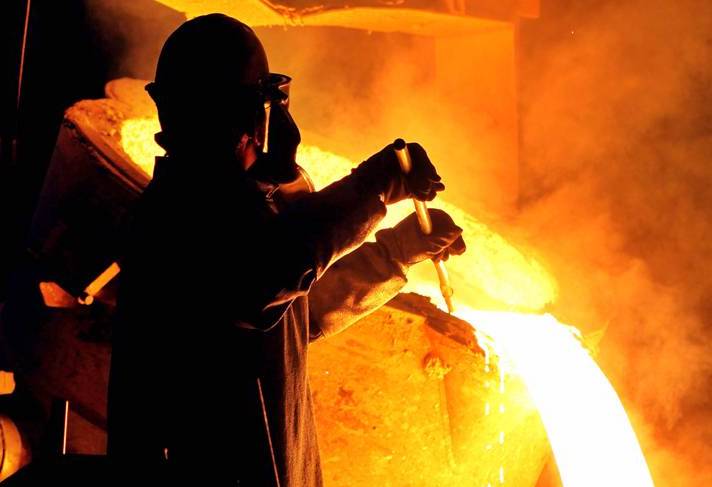German government plans to transfer unused pandemic funds toward climate initiatives and industry support in a so-called Climate and Transformation Fund (KTF) has been ruled illegal and could have a huge impact on the country’s industrial base
A series of German industrial projects in jeopardy after a court ruling wiped 60 billion euros (US$65.55bn) from the federal budget, according to a Reuters report. They include chip factories, decarbonised steel production, and expanding the battery supply chain, two government sources said on Monday.
The ruling last week found the government’s move to transfer unused pandemic funds toward climate initiatives and industry support in a so-called Climate and Transformation Fund (KTF) was illegal.
In September last year, ArcelorMittal shut one of its two blast furnaces at its steelworks site in Bremen, Germany, due to the “exorbitant rise in energy prices.”
Germany is among the ten largest steel producers in the world according to World Steel. In 2022, the country reduced output of steel by 8.4% compared to 2021 – to 36.8 million tons, taking 7th place in the world ranking of producing countries.
High energy prices are undermining the competitiveness of German steel production and ArcelorMittal is taking this step in Germany because it cannot operate all plants economically, it said at the time.
Since the peak of the energy crisis, some major European companies have turned to U.S. LNG supply which is more flexible in terms of reselling than supply from America’s competitors.
For example, INEOS signed in December 2022 a 20-year contract with Sempra Infrastructure for the supply of around 1.4 million tonnes per annum (mtpa) of LNG from Phase 1 of the Port Arthur LNG facility under development in Texas. First deliveries are expected in 2027.
German giant BASF signed earlier this year a deal with Cheniere Energy to buy up to 0.8 million tonnes per annum of LNG from Cheniere Marketing. Deliveries are expected to begin in mid-2026 and continue through 2043.
That put numerous projects in key areas for Germany’s industrial competitiveness at risk, the sources, who declined to be named, warned.
Among them were the ramp-up of the hydrogen industry, with around 45 businesses from 35 regions involved in projects that had hoped for support from the fund.
In the steel industry, businesses planned to invest 6 billion euros ($6.54 billion) in decarbonised steel production, directly and indirectly employing around 20,000 people.
Investments in microelectronics were bundled into the KTF, totalling 31 projects relying on an estimated 4 billion euros in government funding. Fifteen of these had already received legally binding confirmations of the funds, the sources said.
Other chip projects that had been expecting state support include the planned TSMC [RIC:RIC:TGLL.UL] chip plant, an expansion of the Infineon (IFXGn.DE) plant in Dresden, and the Intel (INTC.O) plant planned for Magdeburg.
Numerous projects along the battery supply chain were submitted as outlines for funding applications, the sources said, with an investment volume of around 20 billion euros.
The German economy ministry had also planned to offer so-called climate protection contracts worth in the mid double-digit billion euros, to protect against unexpected price fluctuations.
Companies were to enter a bidding process for the contracts which, according to initial estimates, could secure around 500,000 jobs throughout Germany.
Funding agreed earlier this month to raise and extend compensation for high electricity prices for 350 firms at risk of relocating out of Germany was also earmarked to come from the KTF fund, the sources told Reuters.





